10 plumbing tips to help protect your property.

1. Know where your main water shut-off valve is located.
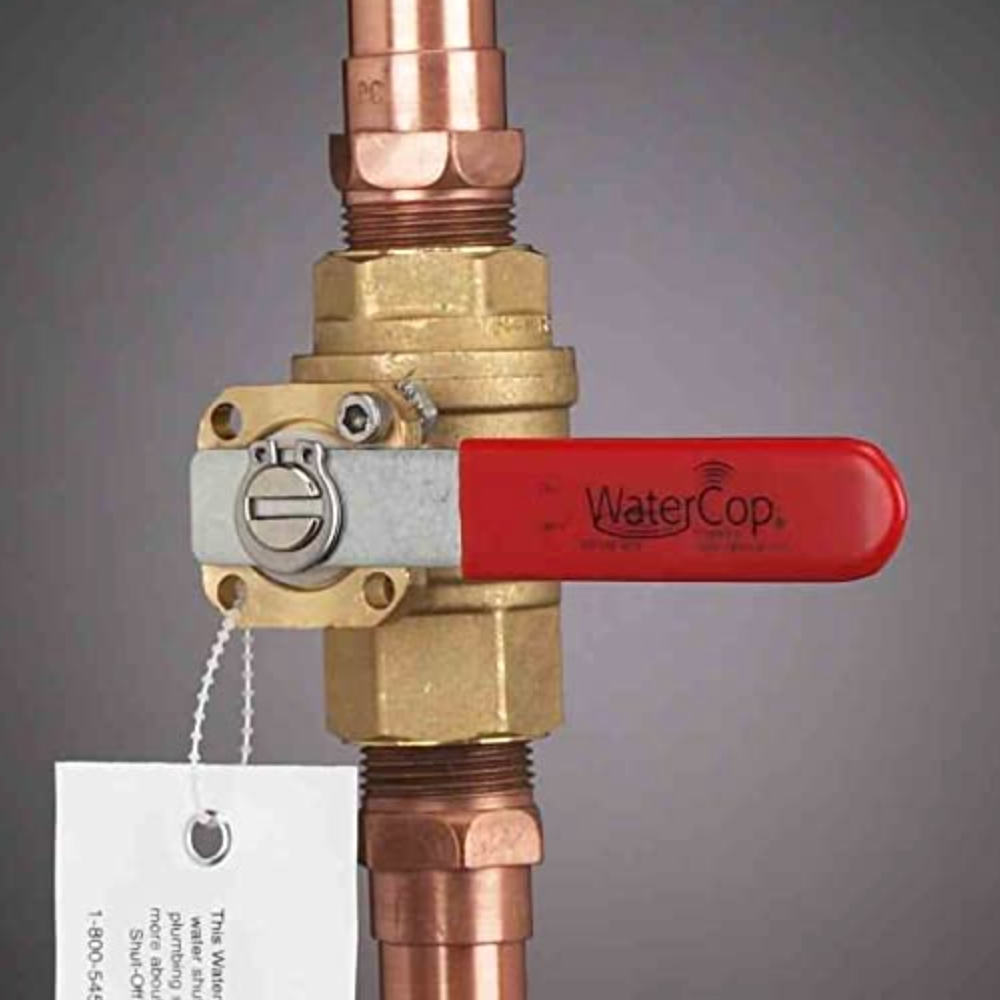
Know where your on/off valve is to help prevent disaster. If you have renters in a house, be sure to show them where the valve is. If a big leak occurs or another valve in the living space is broken, turning off the main water valve to the house can prevent a flood.
2. Don't pour grease or oil down the drain.
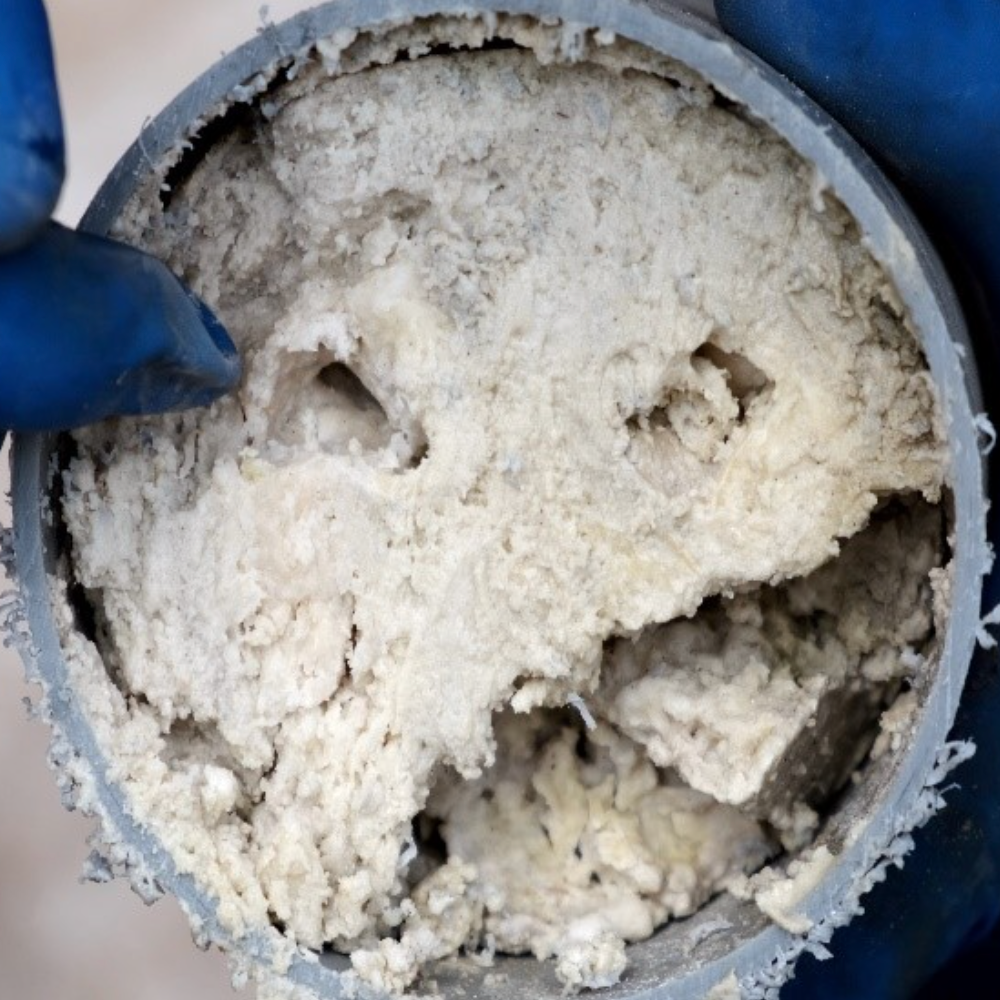
Grease and oil can solidify in pipes, especially if the temperature is cool as saturated fats are liquid when warm and solid when cold. This can cause clogging. ALWAYS discard grease and oil in the trash and never pour it down your drains.
3. Use strainers in your sink.
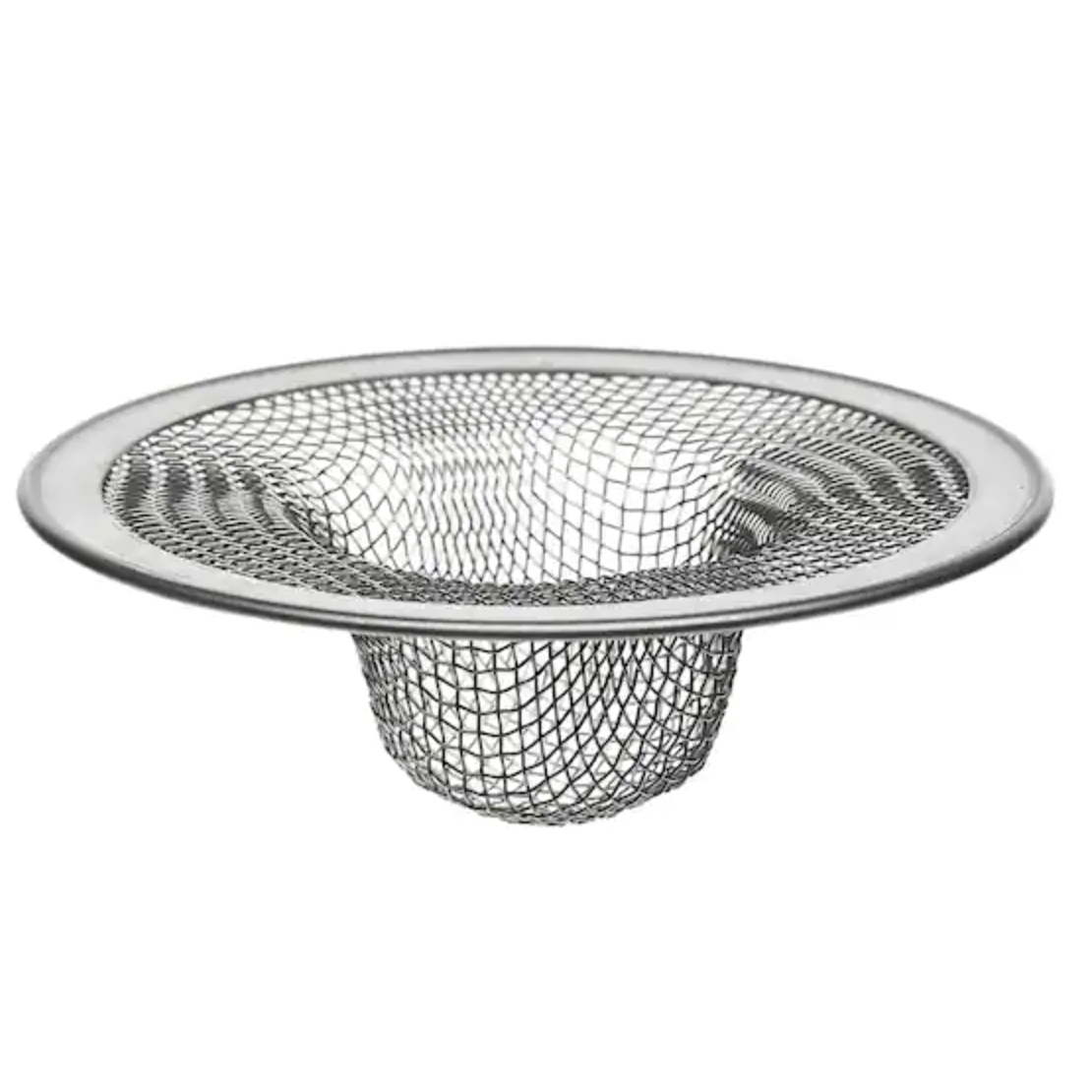
Using a small strainer in the drain of your sink can help to minimize small particulates in your pipes. This will help prevent corrosion and clogging. While the garbage disposal is handy, it should not be used to grind up all of your kitchen waste as it is hard on the drain pipes.
4. Install a whole home water filter.
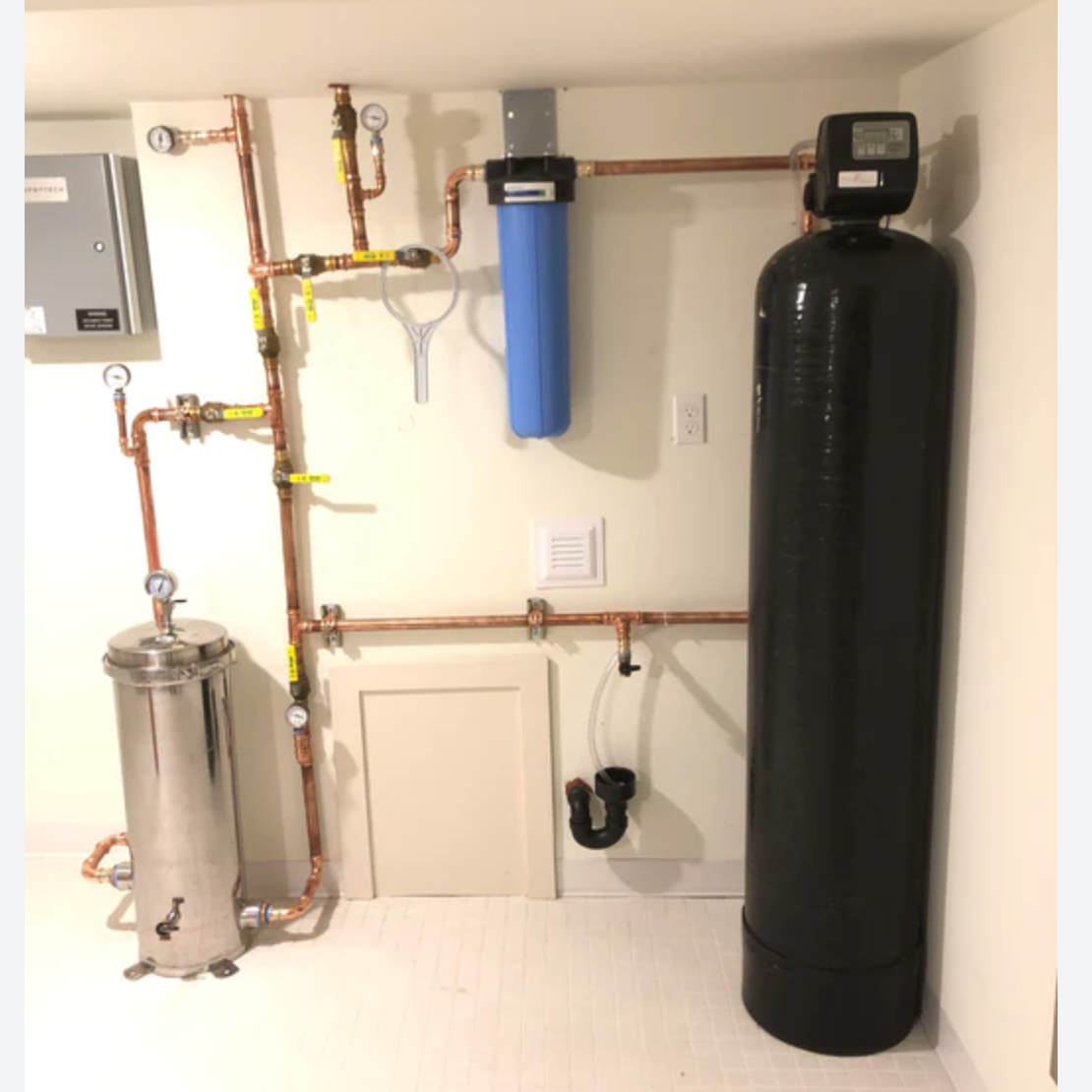
Many cities and counties have hard water. These mineral deposits will build up in your appliances and pipes which can cause problems. Mineral deposits will reduce the effeciency and life-span of your appliances.
5. Annual water heater inspection & maintenance.
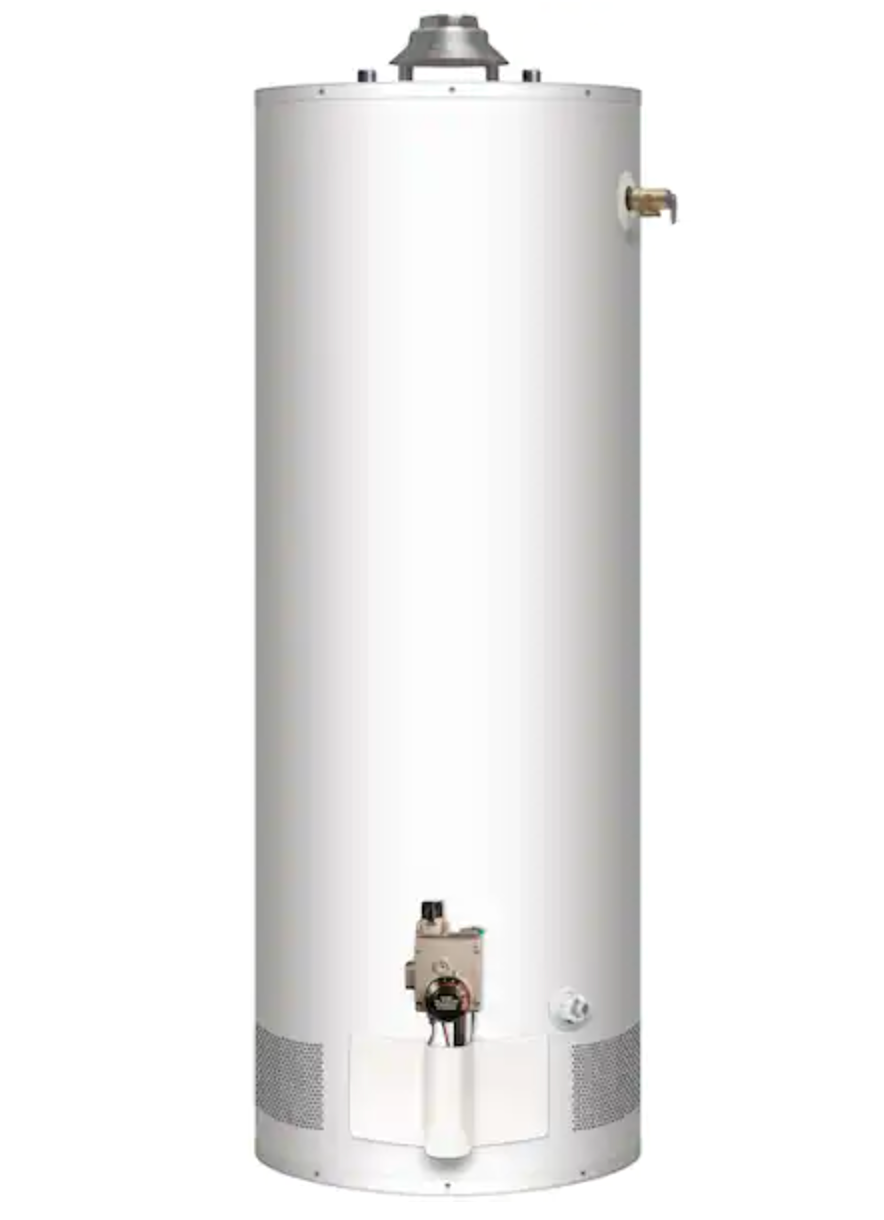
Most hot water heater warranties will not be honored without regular inspections. Regular inspections help to keep your machine running effeciently and reliably.
6. Protect your pipes from winter freeze.
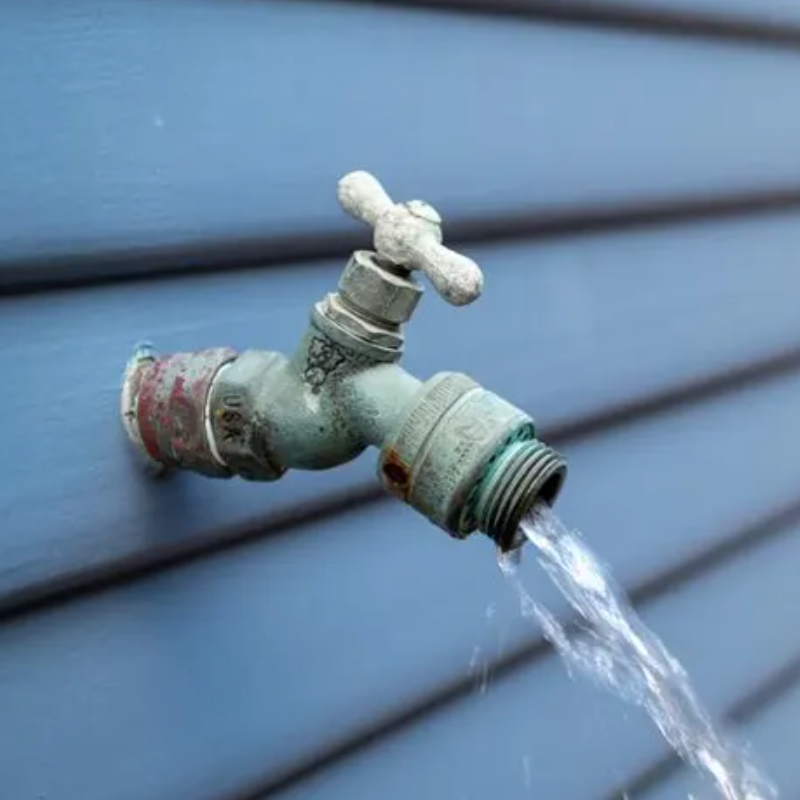
It's expremely important to turn off the exterior valves of your home before freezing weather occurs. Most exterior valves are for garden hoses. People who are leasing houses need to be informed of this. You can also add covers to the exterior valves to prevent freezing.
7. Have a shop vac for emergencies.
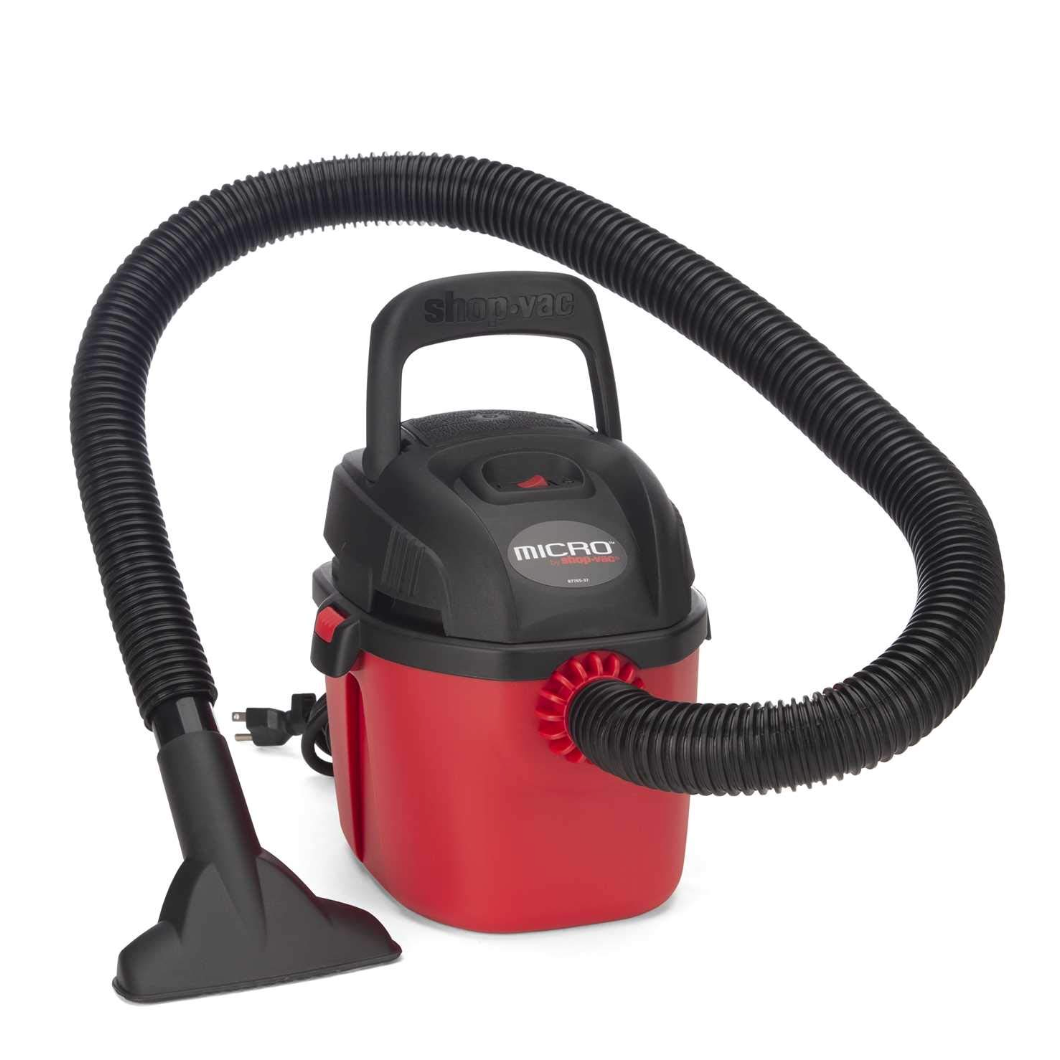
With regular maintenance, you are less likely to have a leak in your home. However, this is never 100% guaranteed, so it's a good idea to keep a shop vac handy so you can vacuum out any standing or embedded water to prevent damage or mold.
8. Buy the right kind of plunger.
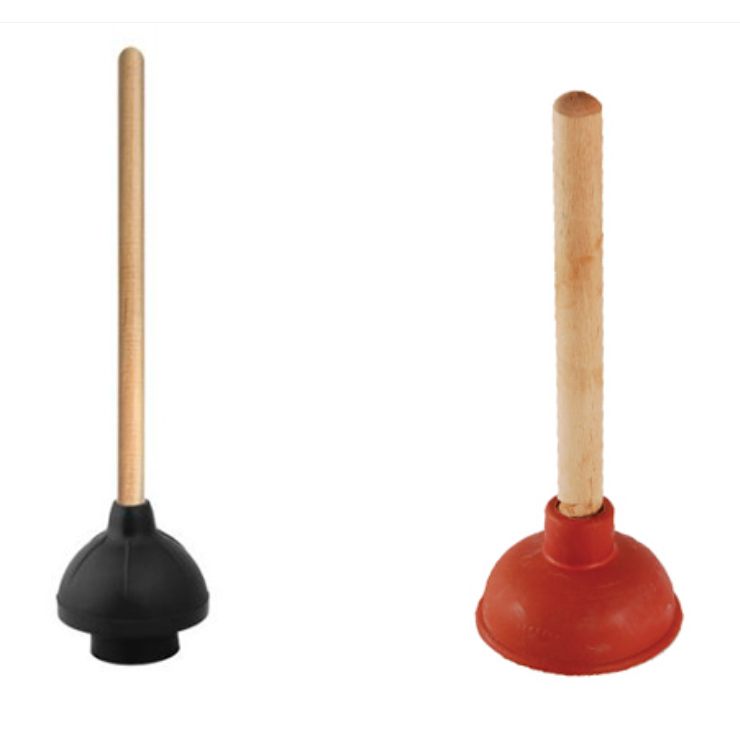
Most people don't know that there are two different types of plungers. One is for sinks and the other is for toilets. Using the right plunger can help you naturally clear a clog and potentially save you time and money.
9. Understand what you can flush.
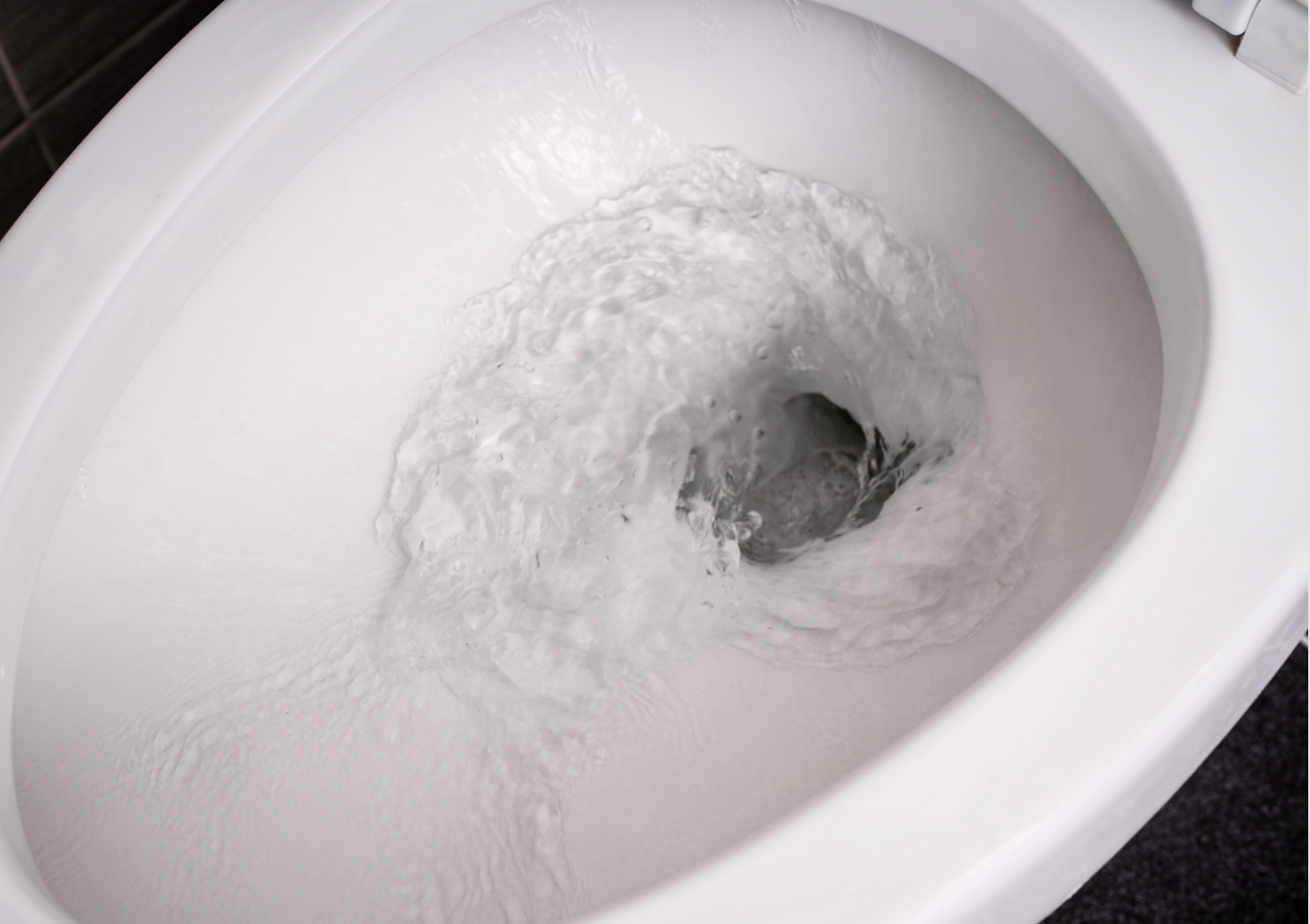
Although flushable wipes claim to be flushable, it's best to not send them into your drainage system. They do not dissolve the way toilet paper does. Throw them in the trash.
Diapers, feminine hygiene products, paper towels, and any other non-toilet paper item should never be flush down the drain.
10. Avoid pouring chemicals down your drains.
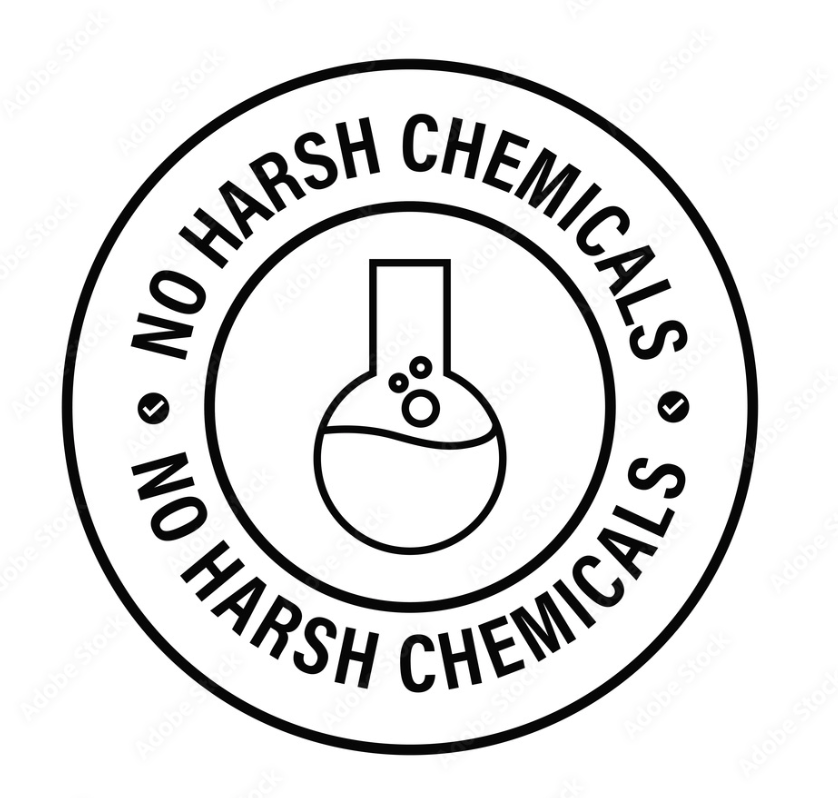
Harsh chemical can corrode your pipes and cause major problems that can be very pricey to fix.
Disposal of chemical product should be directed towards your local hazardous waste department where they can be properly processed and safely eliminated.
QUESTIONS? ESTIMATES?
Have a question? Need an estimate? We're here to help!
Contact Us
We will get back to you as soon as possible.
Please try again later.


